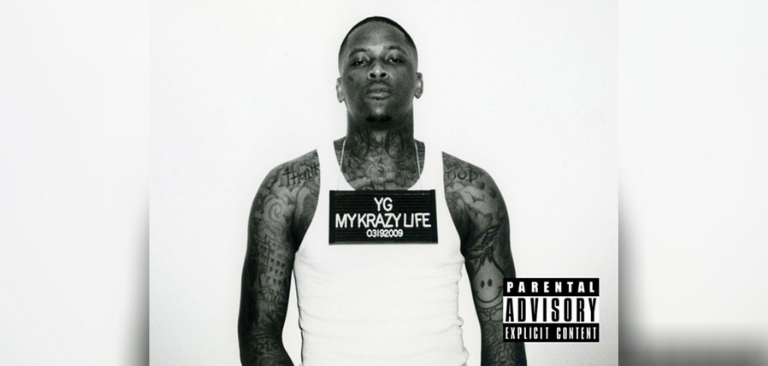YouTube executives clashed with staff for refusing to remove a rap with anti-Asian rhetoric. The incident is one of the latest developments in the ongoing national focus on the spike in anti-Asian attacks that have gone viral in recent weeks.
The fracas started when YouTube staff requested the Trust & Safety department to remove a now relatively old rap called “Meet the Flockers” by musician YG.
The rap, which was released in 2014, is about a burglary. However, it includes lyrics about targeting neighborhoods in which many Chinese people live.
Responding to the request, an executive in the Trust & Safety department and another one in content policy sent an email to staff informing them that the request was denied.
“We find this video to be highly offensive and understand it is painful for many to watch, including many in Trust & Safety and especially given the ongoing violence against the Asian community,” the executives wrote in the email, obtained by Bloomberg.
The executives argued that, while it is true the lyrics violate the platform’s hate speech policy, there are exceptions for content that has Educational, Documentary, Scientific, or Artistic (ESDA) context.
“While we debated this decision at length amongst our policy experts, we made the difficult decision to leave the video up to enforce our policy consistently and avoid setting a precedent that may lead to us having to remove a lot of other music on YouTube,” the email added.
Unsatisfied by the response, staff posted screenshots from internal message boards in an attempt to force the company’s hand.
“YouTube has an open culture and employees are encouraged to share their views, even when they disagree with a decision,” a YouTube spokeswoman said in a statement. “We’ll continue this dialogue as part of our ongoing work to balance openness with protecting the YouTube community at large.”
In recent times, streaming platforms have opened a can of worms with starting to censor songs based on their content – a move that ends their appearance of neutrality and could open them up to increased demands of responsibility for the content of musicians.
Spotify was recently criticized for deleting an anti-lockdown track from the platform.













